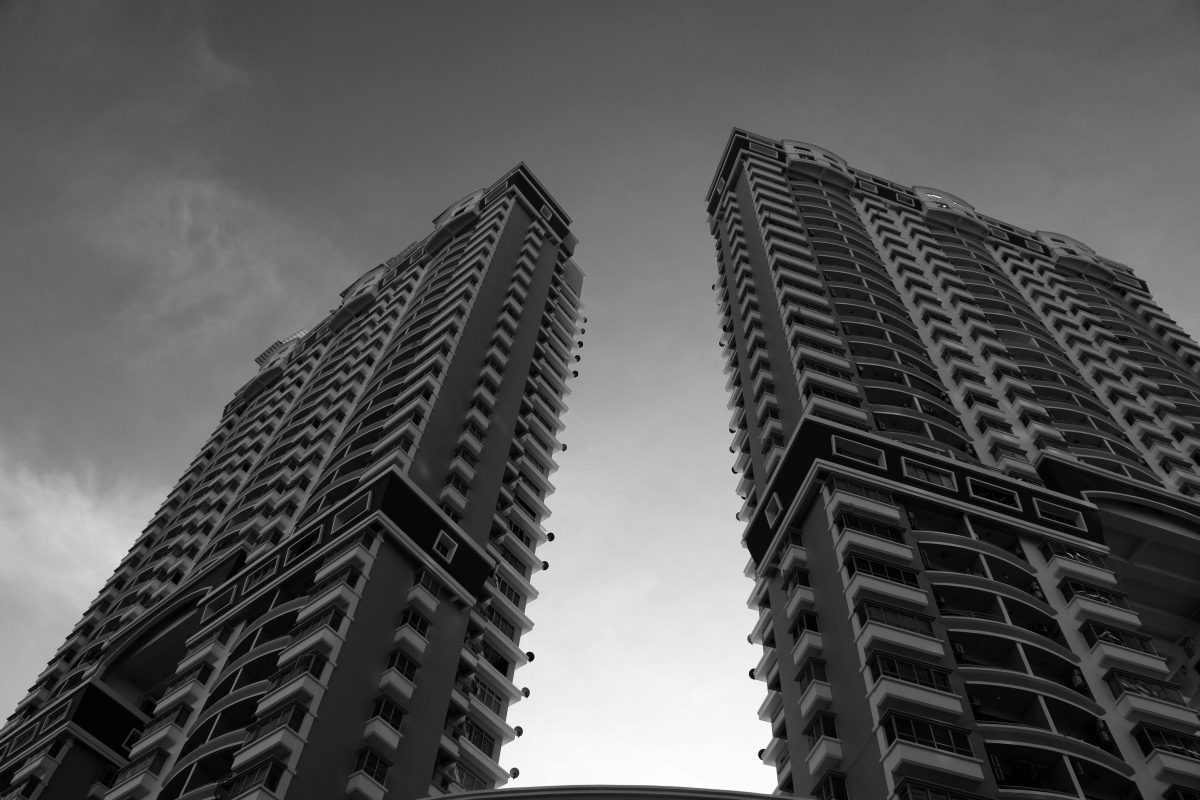The Real Estate (Regulation and Development) Act (RERA) has significantly transformed the Indian real estate landscape, bringing transparency and accountability to the sector. While RERA primarily focuses on builders and developers, it also has implications for Resident Welfare Associations (RWAs) and their interactions with both builders and residents.
What is RERA?
RERA is a central legislation enacted to protect the interests of homebuyers and promote transparency in the real estate sector. It establishes regulatory authorities in each state to oversee real estate projects, ensure timely completion, and resolve disputes.
How RERA affects RWAs:
While RWAs are not directly regulated by RERA, their formation, functioning, and interactions with builders and residents are indirectly influenced by the Act. Here’s how:
- Formation of RWAs: RERA mandates the formation of RWAs within a specified timeframe after a certain percentage of units in a project are sold. This gives legal recognition to RWAs and empowers them to take over the maintenance and management of the society.
- Handover of maintenance: RERA outlines the process for the builder to hand over the maintenance responsibilities and common areas to the RWA. This handover should be smooth and transparent, with proper documentation and transfer of funds.
- Defect liability: RERA holds builders accountable for structural defects or deficiencies in services for a specified period after the handover. RWAs can leverage this provision to address any issues in the building’s construction or amenities.
- Transparency & disclosure: RERA promotes transparency by requiring builders to disclose all project details, including approved plans, specifications, and timelines. This information is crucial for RWAs to understand the project and ensure it meets the promised standards.
- Dispute resolution: RERA establishes a fast-track dispute resolution mechanism through the RERA Authority and Appellate Tribunal. RWAs can utilize this mechanism to resolve disputes with builders related to project delays, defects, or non-compliance with RERA regulations.
- Model agreement for sale: RERA mandates the use of a standard agreement for sale between builders and homebuyers. This agreement protects the rights of homebuyers and provides clarity on the terms and conditions of the sale, which indirectly benefits the society as a whole.
Key Compliance Guidelines for RWAs
- Registration of RWA: While not directly under RERA, it’s advisable for RWAs to register themselves under the relevant state’s Cooperative Societies Act or other applicable laws. This provides legal standing and facilitates interactions with builders and other authorities.
- Bylaws and rules: RWAs should have well-defined bylaws and rules that govern the functioning of the society, including maintenance, collection of dues, and use of common areas. These bylaws should be in line with the principles of RERA and other relevant laws.
- Maintenance and accounts: RWAs should maintain proper income and expense accounts, ensuring transparency in financial matters. Regular audits and sharing of financial information with residents are crucial.
- Interaction with builders: RWAs should establish clear communication channels with builders during the project’s construction and handover phases. They should actively participate in discussions related to project progress, quality of construction, and handover procedures.
- Taking over maintenance: RWAs should ensure a smooth transition of maintenance responsibilities from the builder. This includes verifying the quality of construction, the functionality of amenities, and the transfer of necessary documents and funds.
- Addressing defects: RWAs should be proactive in identifying and reporting any defects in construction or services to the builder within the defect liability period. They should follow the procedures laid down under RERA for addressing such issues.
- Dispute resolution: If disputes arise with the builder, RWAs can utilize the RERA dispute resolution mechanism to seek redressal. They should be prepared with all relevant documents and evidence to support their case.
- Awareness of RERA provisions: RWAs should familiarize themselves with the key provisions of RERA that are relevant to their interactions with builders and residents. This includes understanding the builder’s obligations, the handover process, and the dispute resolution mechanism.
RERA’s impact in Hyderabad
When RERA was implemented in Telangana through the Telangana State Real Estate Regulatory Authority (TS-RERA), it brought regulatory oversight to the state’s real estate sector, particularly affecting how developers and RWAs operate in Hyderabad.
Registration requirements in Telangana
In Telangana, any project larger than 500 square meters or involving more than eight units must be registered with RERA. This registration is mandatory before developers can market or sell their projects. This requirement ensures that RWAs are only formed for projects that have met basic regulatory compliance standards.
What does this mean for RWAs?
- Legal compliance assurance
Since developers cannot advertise or sell units without RERA registration, RWAs can be confident that their projects have met the minimum regulatory requirements. This eliminates many issues that RWAs previously faced with unregistered or non-compliant developments.
- Access to project information
RERA requires developers to disclose project details, timelines, and approvals. This transparency gives RWAs access to important information about their projects that wasn’t always available before.
- Regulatory oversight
Projects registered under Telangana RERA operate under regulatory supervision, which means there’s an official authority overseeing compliance. This provides RWAs with a regulatory framework to work within when dealing with developers.
- Practical implications
- Project verification
RWAs can verify their project’s registration status through official channels, ensuring they’re dealing with compliant developers.
- Compliance monitoring
The mandatory registration system means RWAs are operating within a regulated environment where developers must follow specific guidelines and timelines.
The implementation of RERA in Telangana has created a more regulated environment for real estate development, providing RWAs with the assurance that their projects operate under official oversight and comply with established regulatory standards.
RERA has brought greater transparency and accountability to the real estate sector. By understanding the provisions of RERA and following the guidelines outlined, RWAs can effectively protect the interests of their members, ensure a smooth handover process, and contribute to a well-managed and thriving community.


